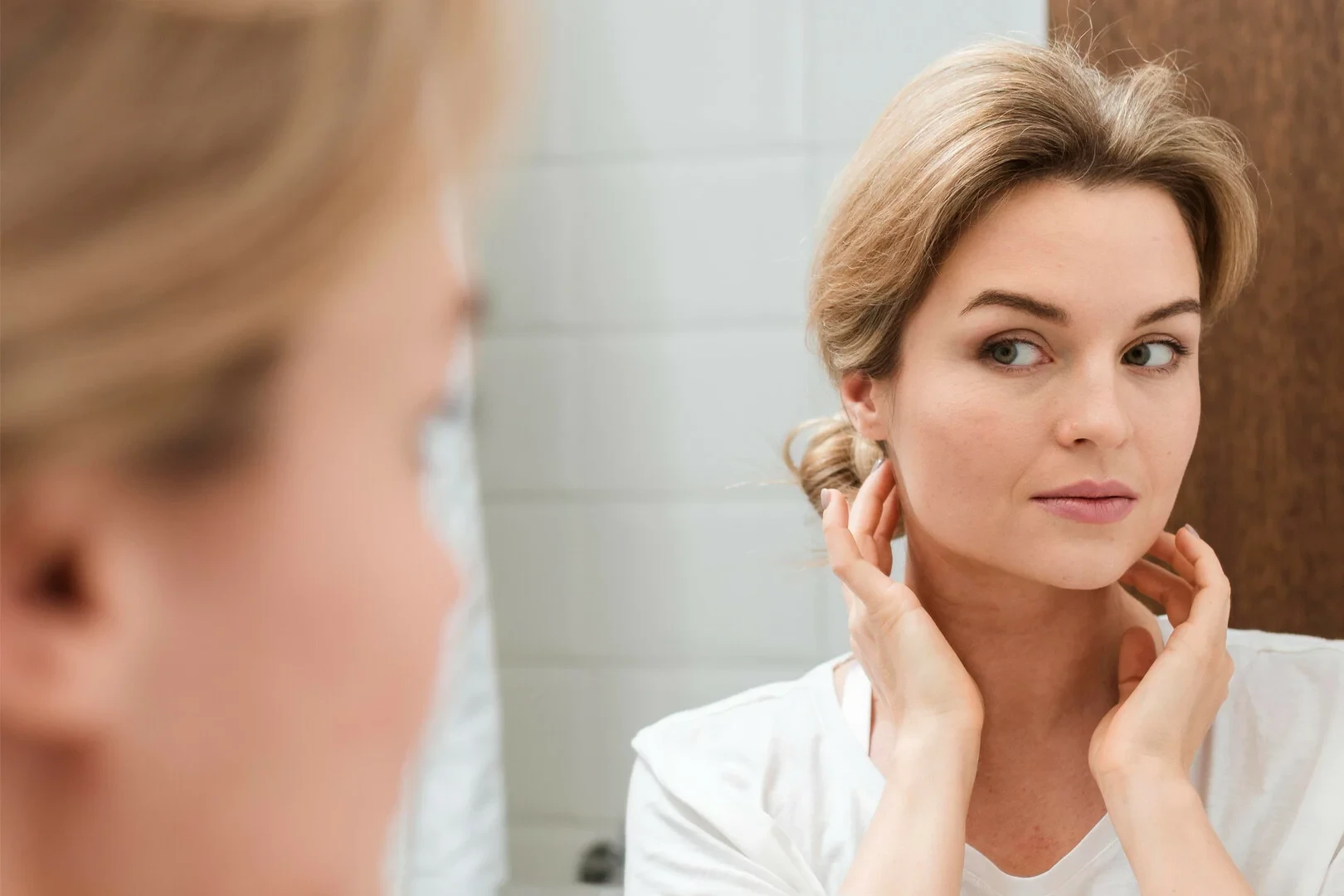Can skincare products cause facial hair growth
Skincare products are primarily designed to cleanse, moisturize, protect, and treat the skin, but some people have reported experiencing increased facial hair growth after using certain products. While this is not a common side effect, there are specific ingredients and scenarios where skincare products may indirectly or directly influence hair growth on the face.
The most significant link between skincare and facial hair growth usually involves hormonal changes or the use of active ingredients that affect hair follicles. One of the key ingredients known to stimulate hair growth is minoxidil, which is not typically found in standard skincare but is used in hair regrowth treatments. If accidentally applied to the face or inappropriately used, it can lead to unwanted facial hair.
Another category of ingredients to consider includes hormonal agents, such as topical steroids or estrogen-containing creams. Long-term use of potent topical corticosteroids can sometimes lead to increased hair growth in the area of application, a condition known as hypertrichosis. This effect is more likely when products are used frequently, in large amounts, or on sensitive areas like the face. Similarly, products with phytoestrogens (plant-derived compounds that mimic estrogen) or hormone-based treatments for issues like menopausal symptoms might influence hair growth, although the effect is generally mild and varies from person to person.
Some skincare products contain growth factors, peptides, or stem cell derivatives that are marketed to rejuvenate the skin. While these are primarily used to boost collagen production and reduce signs of aging, certain formulations may stimulate nearby hair follicles and result in light hair growth, especially if the user is genetically predisposed to facial hair.
An often overlooked cause of facial hair growth is not the skincare product itself, but an underlying hormonal imbalance such as polycystic ovary syndrome (PCOS), which can cause hirsutism—excess hair growth in areas where women typically grow little hair. In such cases, skincare products may be wrongly blamed when the actual cause is medical.
Another possibility is that using certain moisturizers and serums may improve skin health and circulation to such an extent that it indirectly benefits hair follicles. Healthier skin can support more active follicles, leading to the appearance of fine, light-colored vellus hairs becoming more noticeable.
That said, most typical skincare products like cleansers, moisturizers, and sunscreens do not cause facial hair growth. If someone notices a sudden change in facial hair after starting a new product, it's worth reviewing the ingredient list, considering any recent hormonal changes, or consulting a dermatologist for professional advice.
In conclusion, while skincare products generally do not cause facial hair growth, certain active ingredients, especially those with hormonal or follicle-stimulating effects, may contribute to it in some individuals. Underlying medical conditions can also play a role. Being aware of product ingredients and understanding one's own skin and hormonal health are key to managing and preventing unwanted side effects.

Related Blog
What Causes Oily Skin and Can It Be Managed Naturally? Exploring Root Causes and Gentle Solutions
Aug 2, 2025 by Admin
General
What Are the Signs That You Have Sensitive Skin? Key Symptoms to Help You Identify This Delicate Skin Type
Aug 1, 2025 by Admin
General